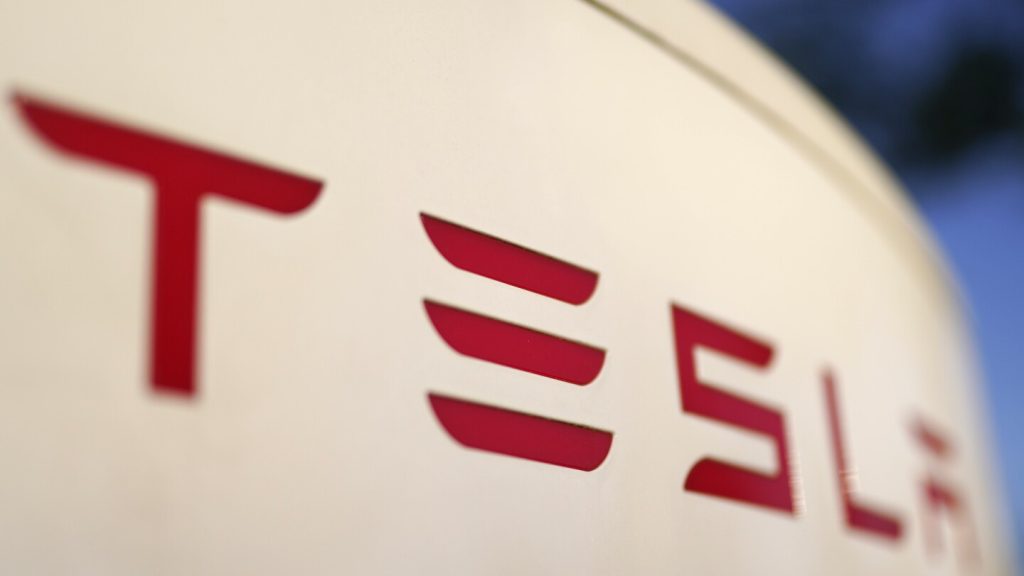Tesla’s settlement of a lawsuit brought by the family of a deceased Silicon Valley engineer highlights the dangers of relying on semi-autonomous driving technology. The family of Walter Huang filed a lawsuit in 2019 following his death in a crash while using Tesla’s Autopilot feature. The lawsuit aimed to hold Tesla and CEO Elon Musk responsible for exaggerating the capabilities of the technology, leading users to believe they could be less vigilant behind the wheel.
Evidence showed that Huang was playing a video game on his iPhone when his Model X, equipped with Autopilot, veered out of its lane and accelerated before crashing into a barrier on a California highway in 2018. The tragic incident resulted in Huang’s death, leaving his wife and two children behind. This case is just one of several across the U.S. that question the effectiveness of Tesla’s autonomous technology and the potential consequences of misplaced trust in it.
Tesla also offers an optional feature called Full Self Driving, further raising concerns about the public’s understanding and reliance on the company’s autonomous technology. The U.S. Justice Department launched an inquiry into how Tesla and Musk promote their autonomous technology, although details about the probe remain limited. Last year, Tesla successfully defended itself in a Southern California trial involving misperceptions about the Autopilot feature in a 2019 crash.
The settlement of this lawsuit comes just before the trial was set to begin, underscoring Tesla’s desire to end years of litigation with Huang’s family. The undisclosed amount paid in the settlement reflects the ongoing debate surrounding the safety and transparency of semi-autonomous driving systems like Autopilot. The tragic loss of Walter Huang serves as a stark reminder of the potential risks associated with over-reliance on advanced driving technologies and the need for continued scrutiny and regulation in this rapidly evolving space. As the investigation into Tesla’s autonomous technology continues, questions persist about the role of companies and individuals in promoting responsible use and understanding of these cutting-edge systems.


